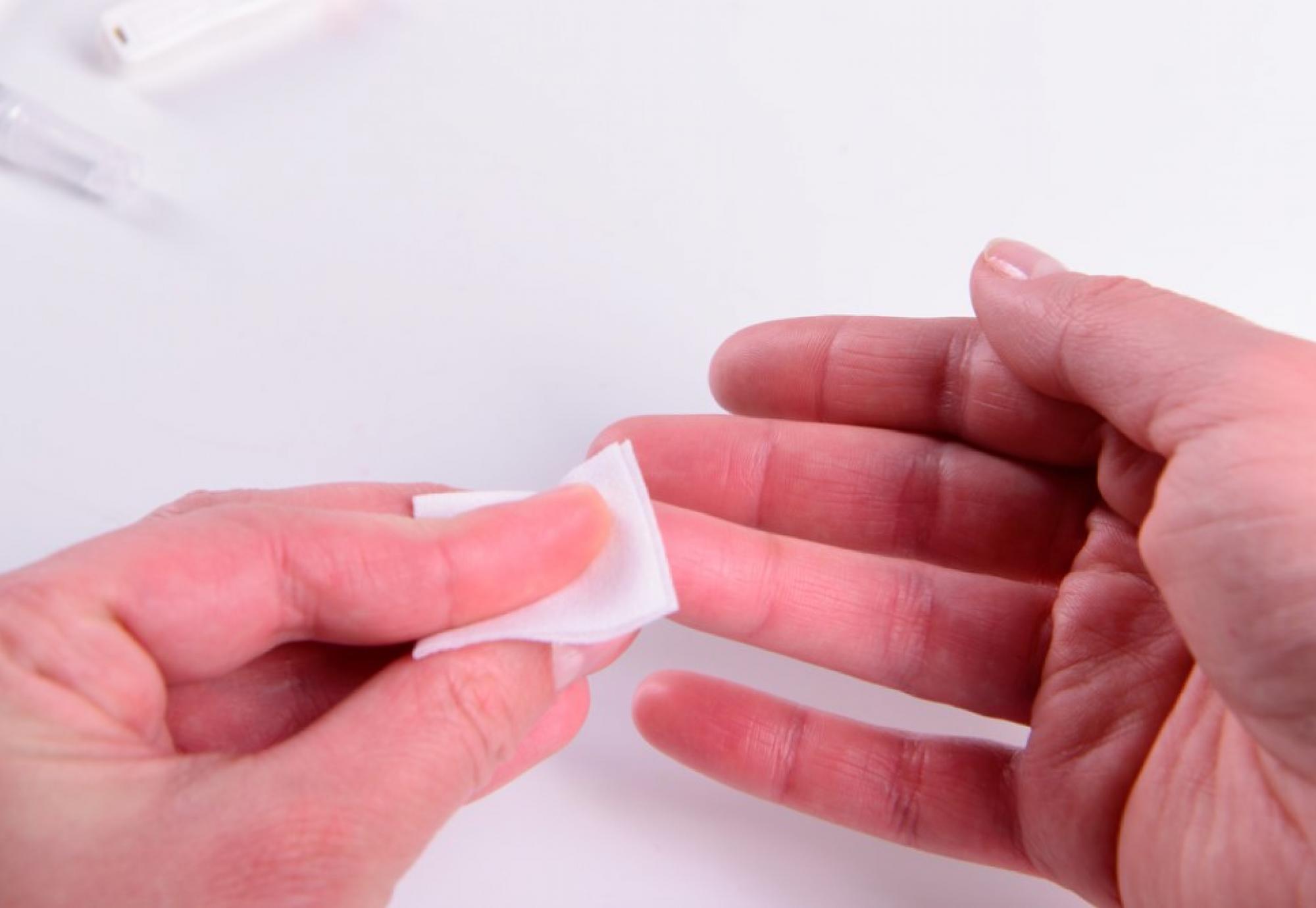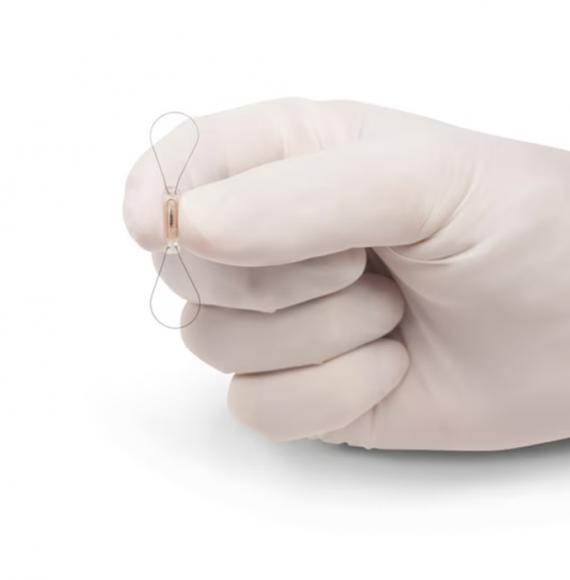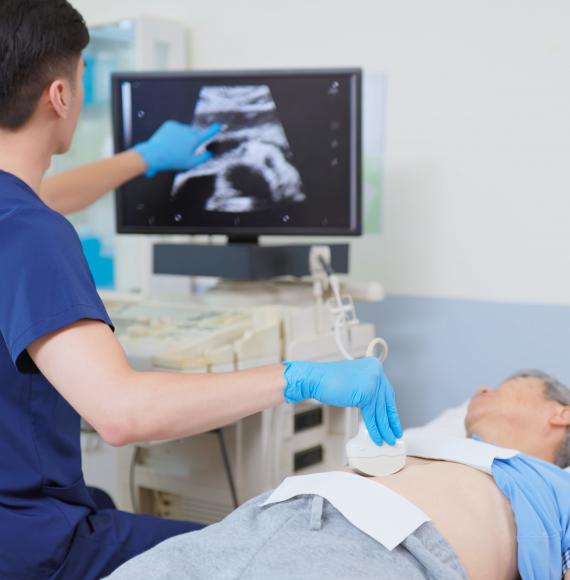Published today by Imperial College London and Ipsos MORI, findings suggest that our antibody response to Covid-19 reduces over time following infection.
Over 365,000 randomly selected adults tested themselves at home using a finger-prick test between 20 June and 28 September to check if they had antibodies against Covid-19.
Throughout this period, the amount of people who tested positive for Covid-19 antibodies declined by 26.6% signifying antibodies reduce in the weeks or months after a person is infected.
The results of all 3 rounds of antibody testing show the first wave of the epidemic occurred over a relatively short period in March and April, and that there was a steep lowering in the proportion of people who reported having Covid-19 symptoms and who tested positive for antibodies from early April, two weeks after national lockdown.
The results convey that people who did not show symptoms of Covid-19 are likely to lose detectable antibodies sooner than those who did show symptoms. The findings also show the loss of antibodies was slower in 18 to 24-year-olds compared to those aged 75 and over.
Top level findings include:
- The proportion of people with COVID-19 antibodies in England fell by 26.5% between 20 June and 28 September – from 6.0% of the population having antibodies to 4.4% of the population
- While the number of people testing positive for antibodies declined gradually in the population regardless of employment type, the number of healthcare workers testing positive for antibodies didn’t change over time. This may reflect higher initial exposure or boosting from repeated exposure
- There was a decline in people across all age groups, with the smallest decline at ages 18 to 24 years (-14.9%) and the largest decline in the oldest age group (-39.0%) aged 75 years and over.
- There was a decline across all regions in England
- The decline in people testing positive for antibodies was largest in those who did not report having had COVID-19 (-64.0%) compared to those who reported that they had previously tested positive for the virus that causes COVID-19 (-22.3%)
Health Minister Lord Bethell said: “This study led by Imperial and Ipsos MORI is a critical piece of research, helping us to understand the nature of COVID-19 antibodies over time, and improve our understanding about the virus itself. We rely on this kind of important research to inform our continued response to the disease, so we can continue to take the right action at the right time.
“It is also important that everyone knows what this means for them – this study will help in our fight against the virus, but testing positive for antibodies does not mean you are immune to COVID-19.
“Regardless of the result of an antibody test, everyone must continue to comply with government guidelines including social distancing, self-isolating and getting a test if you have symptoms, and always remember: hands, face, space.”
Professor Paul Elliott, Director of the REACT programme at Imperial from the School of Public Health, said: “Our study shows that over time there is reduction in the proportion of people testing positive for antibodies against the virus that causes COVID-19. It remains unclear what level of immunity antibodies provide, or for how long this immunity lasts. If someone tests positive for antibodies, they still need to follow national guidelines including social distancing measures, getting a swab test if they have symptoms and wearing face coverings where required.”



















